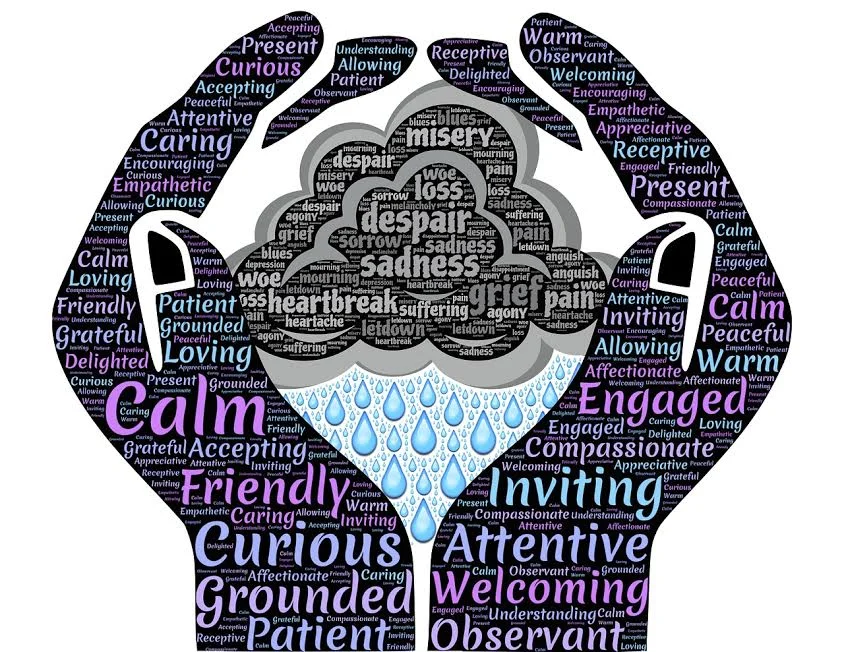Coping through loss. Not a very fun sounding newsletter, is it? But I think it’s an important and meaningful topic, and I hope this issue of the newsletter will help some of you. In recent months I have heard a lot about loss in my practice. Losing of loved ones, ending relationships, leaving college life and feeling shaky about what comes next, and moving on from friends and familiar places. Loss comes in all different forms, but it’s always difficult. How the heck are we supposed to get through it?!
Regardless of what type of loss it is, emotions can overtake us and try to control what we do or don’t do. Disappointment, shock, depression, anger—they all call out to us in times of loss. And while these emotions are important to pay attention to, it is also important to pay attention to what we need to move through this pain we feel.
There are two skills that I have found particularly helpful in times of loss, and that I recommend you try too.
1). Set aside about 20 minutes (you can even set a timer if you want) and gather what you need to help you just be with whatever feelings arise. Get the aloe tissues ready, a glass of water to stay hydrated, a pillow to hug, or even stuffed animals (we won’t judge).
Remember to be kind to yourself as you feel all those emotions. And after that time limit, make sure you have something planned that helps you feel grounded. It could be watching something on Netflix, seeing a friend, taking a hot shower or bath, or listening to music you find soothing. Whatever it is, tend to yourself.
2). Structure can be your best friend in times of pain and loss. The last thing we need is to be on the couch in a dark room all day. (You can do that if you want, but refer to option 1 for some guidelines.) So give yourself some structure. Get out your weekly planner. If you don’t have one, make one. Look at your week and add in your work, school, family, and any other commitments you have to take care of. Then fill in the gaps. When do you want to see friends? When do you want to be alone and cry or journal? When do you want to watch TV or read that book you’ve been meaning to? When do you want to go for a walk or run?
Scheduling yourself will create a structure that can help you move through emotions thoughtfully, kindly, and with built-in support. Of course, you can always move things around—nothing is ever set in stone. But knowing you have things to look forward to is so important. It’s part of being kind to yourself in a time of loss.
Going through a loss of any kind is a process. Emotions are important, and we need to create space to feel them so we can create space to heal. I hope you find these two methods of creating that space as helpful as I have.
Wishing you all good things.
Angela

